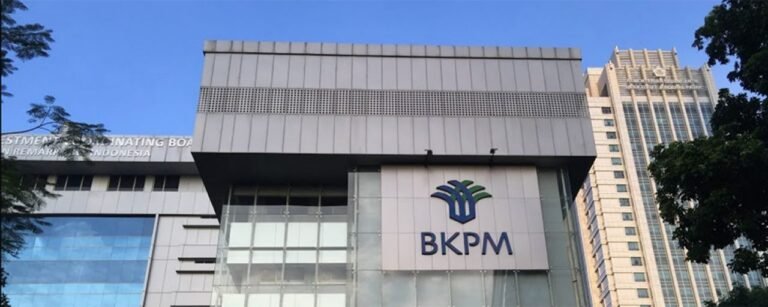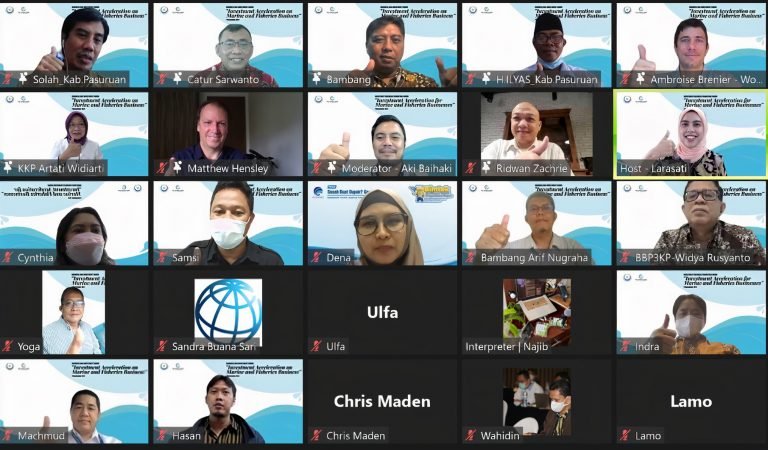-

Photo by Christopher Burns on Unsplash. - Tourism is a double-edged sword. When times are good and visitor numbers are high, stakeholders are more than happy to reap the rewards.
But when times take a different direction and the world’s economy grinds to an unprecedented halt, tourism – and the money it generates – can quite literally stop overnight and so can a lot of people’s livelihoods.
Bali’s dependency on the tourism industry is a case in point.
Don’t put all your eggs in one basket
Bank Indonesia (BI) claim “tourism contributes between 54 percent and 58 percent to the province’s economy” according to a recent article in Coconuts Bali. Some observers would suggest between 60 to 70-percent of the island’s population are somehow involved with tourism.
That’s an awful lot of eggs to be putting into one basket. Especially as we know being overly dependent on something you can’t control makes you vulnerable.
Tourism – in Bali and everywhere else – is influenced by market fluctuations (US-China Trade War), natural events (in Bali that means volcanic eruptions and earthquakes), political agendas (travel warnings) and states of emergency (COVID-19 lockdowns) all of which have a significant impact on how and where people travel.
And these days nobody seems to be travelling anywhere fast.
A blessing in disguise?
Maybe this vulnerability is a blessing in disguise. Maybe it’s an opportunity to reset Bali’s economy and to diversify so there are different baskets with different eggs.
There’s been a lot of talk recently about redirecting Bali’s focus towards quality rather than mass tourism. This is good. Let’s hope the tourism industry takes the opportunity seriously. But tourism is only one part of a possible long-term solution.
That’s why we’re delivering smart, collaborative, relevant and progressive investment and business solutions that have a positive impact on clients, partners, employees and local communities. We’re focusing on what matters most to them today as well as future-proofing them so doing business in here is more relevant, efficient and effective.
Incentives for industry
Antara News is reporting that on a national level “the government is readying additional incentives for the industrial sector grappling with the COVID-19 pandemic to inject new momentum into businesses.” This includes tax breaks and waivers on electricity payments.
It also dovetails into solving Bali’s dilemma of diversification.
Industrial Development Zones
Bali Puspa ran a piece a few days ago around a discussion between the Regional House of Representatives (DPRD) and the Department of Industry and Trade (Disperindag) about something called the Bali Provincial Industrial Development Plan (RPIP).
This seems to be opening the doors to a more diverse future for Bali’s economy because specific areas have been designated as industrial development zones.
According to Bali Puspa these are: Pengambengan in Negara; Candikusuma in the district of Melaya in Jembrana Regency and Celukan Bawang in the regency of Buleleng.
Head of the Bali’s Department of Industry and Trade I Wayan Jarta explained to local news wires that this regulation did not rule out the possibilities of other Regencies developing industrial zones.
Unity in Diversity: One Island One Management
In an apparent reference to Governor Koster’s “One Island, One Management” initiative Jarta went on to explain that industries would be developed alongside the potential and suitability of each region and district with the idea of working together as one united Bali.
This makes sense. So what kind of industrial zones and development are we likely to see and will there be incentives to attract both domestic and international investment?
Bali Puspa explain there are five leading industries, which have been identified and approved by the DPRD for the 2020 – 2040 development plan. These are:
- the food industry (coffee, cashew, coconut and cocoa processing, fish and meat and alcoholic beverages.)
- the pharmaceutical and cosmetic industries (natural/ herbal options, especially being used in the spa and wellness sectors.)
- the textile and textile products industry (TPT).
- the handicraft industry (wood, bamboo handicraft, and metal handicrafts.)
- and fifth the electronics and telematics industry (software, animation, gaming and automotive.)
There are already plans being rolled out for an electric vehicle factory in Jimbrana.
The development of other industries has not been ruled out and each Regency is being given the opportunity to develop according to their resources and priorities.
Special Economic Zones
We’re of the opinion developing specific areas for education and IT as well as a Special Economic Zone (SEZ) would also be a smart move.
The IAS Gazette say “according to the United Nations Conference on Trade and Development (UNCTAD) World Investment Report 2019, SEZs are specific geographically delimited areas within which governments facilitate industrial activities, through providing infrastructure support outside the zone, fiscal and regulatory incentives.
Think special export processing zones, reliable infrastructure support, relief from customs duties and tariffs that promote a business-friendly environment – all constructed with the purpose of conveniently bringing multiple companies into one geographical location.”
There are currently 13-SEZ’s across Indonesia.
Regional cooperation and the bigger picture
Coordinator of the Bali Provincial Industrial Development Plan, Nyoman Budi Utama explained to Bali Puspa the Bali Branding Culture-Based RPIP was developed with a Regional approach in mind.
The initiative, he said “should not only be based on a regional approach and administrative boundaries (for example, a Regency / City area), but also based on a regional approach that is more functional, which often means cross-regional, and that is the province’s authority.”
Nobody can predict the future, but we believe Bali has a great deal of potential and that’s why we think this is an exciting time to be here. We see a great deal of opportunity with positive and creative mindsets that can cut through the fear and doom and gloom and find the silver lining in this tumultuous time of change.
Sources: Bali Puspa, Coconuts Bali, Detik, Gapura Bali, Antara News, Bank Indonesia, The IAS Gazette, UNCTAD
Find out how we can help you and your business. Send an email to: hello@sevenstonesindonesia.com
#sevenstones, #sevenstonesindonesia, #balitourism, #baliindustry, #balidevelopment, #baliinvest, #investbali, #indonesiainvest, #paradigmshift, #businessinbali, #balipolitics, #bali, #indonesia


















